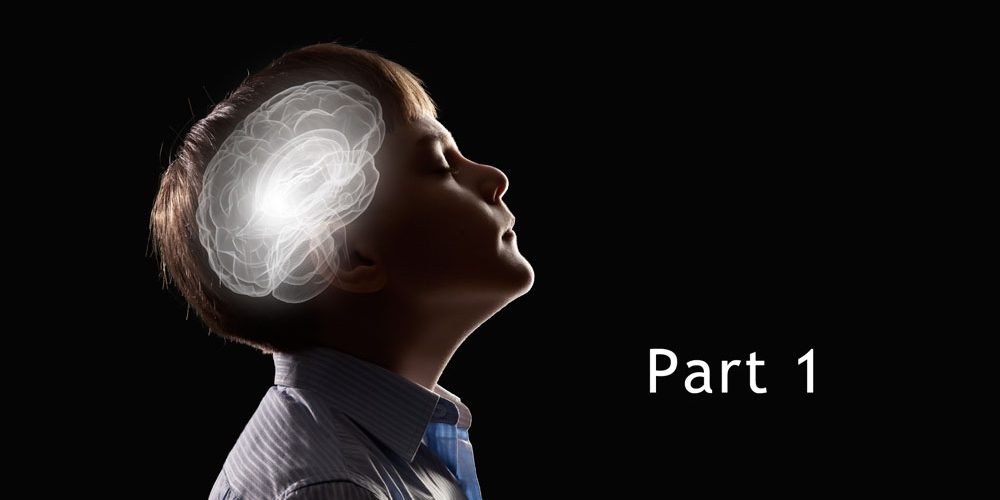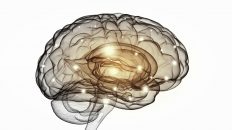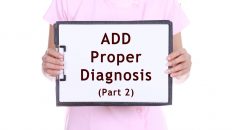By Jerry Morris, PsyD, MsPharm, MBA
MB (Marc Braman, MD, MPH):
Our topic this session is Attention Deficit Disorder. We’re looking at this as an overview. Thank you for joining us again Dr. Morris.
JM (Jerry Morris, PsyD, MsPharm, MBA):
Glad to be here Marc.
MB:
So Attention Deficit Disorder, ADD or ADHD is really common in our society today. There are tons of people it seems on medications for this, amphetamines typically. It almost seems like an epidemic. Can you help us get kind of an overview of this condition with diagnosis and then we can touch on what’s causing it, what treatment options are and what our best outcomes would be?
JM:
Attention Deficit Disorder has had an expanding incidence and prevalence as we have developed medications for it. One of the problems is it’s one of the most misdiagnosed and misunderstood and really only partially or inadequately treated, of the emotional disorders in America. It is a severe emotional disorder, and it’s a terminology – “Attention Deficit” hides that a little bit. But it has a course that is pretty debilitating over a lifetime. It’s a diagnosis that stays with you your whole life like alcoholism once it’s diagnosed, and we have a lot of diagnosis of this disorder done by general practitioners who really don’t have a lot of depth training and background in diagnosing it. So we run into it as specialists as a diagnosis that must be modified or revised or is inaccurate quite often.
MB:
Okay, so there’s a lot of problem with diagnosis, and we can come back to that in another session. As far as its course through childhood, adolescence and to adult life, what are the major symptoms and impact on life?
JM:
Right, and this is one of the problems of diagnosis. A lot of the diagnosis is done by pediatricians or general physicians or actually by school teachers who have made a report of off-seat behavior, often attention problems, disruptive interpersonal behavior with other children, failure to stay on task, now those are symptoms of about five different mental disorders. But what happens is when they’re reported by a parent or a school teacher or they’re reported to a generalist physician, because of the popularity of information out there about Attention Deficit Disorder, they often jump to the conclusion that it’s an Attention Deficit Disorder. So this is a “sticky wicket”. Those symptoms do not necessarily obviate one disorder, it takes a little more broad look into the family, into the patient, in their development and their experiences to diagnose Attention Deficit Disorder.
MB:
Okay, so we’re dealing with this very sloppily and inaccurately is what I’m hearing. Let’s assume for a minute that someone gets correctly diagnosed and they truly do have true Attention Deficit Disorder, what would best treatment look like?
Issues in the diagnosis of attention-deficit/hyperactivity disorder in children. Barkley RA. Brain Dev. 2003 Mar;25(2):77-83. Review.
Self-directed behavioral family intervention for parents of oppositional children in rural and remote areas. Connell S, Sanders MR, Markie-Dadds C. Behav Modif. 1997 Oct;21(4):379-408.
Attention Deficit Hyperactivity Disorder: Effectiveness of Treatment in At-Risk Preschoolers; Long-Term Effectiveness in All Ages: and Variability in Prevalence, Diagnosis, and Treatment (2011). Agency for Healthcare Research and Quality U.S. Department of Health and Human Services 540 Gaither Road Rockville, MD 20850 www.ahrq.gov Contract No. MME2202 290-02-0020. AHRQ Publication No. 12-EHC003-EF.





